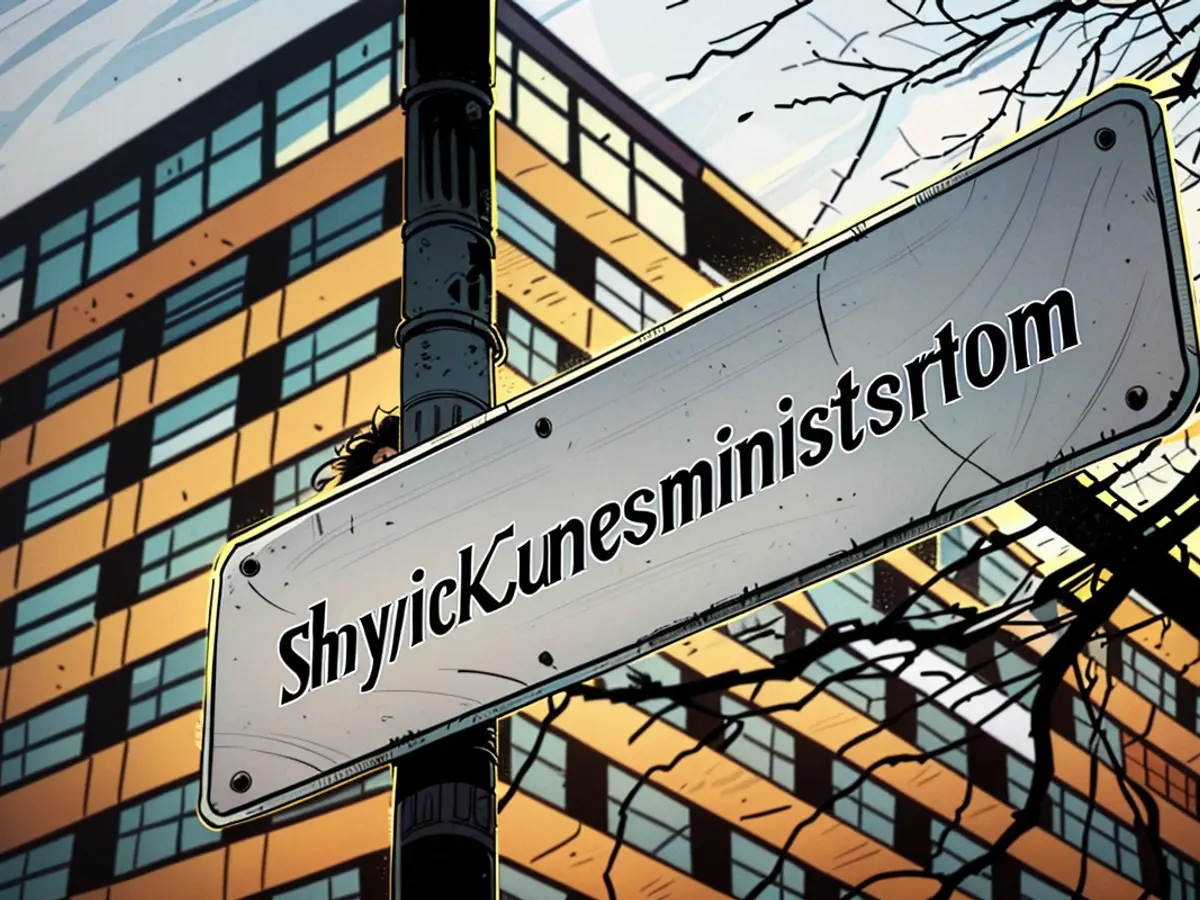FDP wants to abolish the ministry - SPD is outraged
According to an internal paper, the FDP wants to completely abolish the Ministry of Development in the future. After this becomes public, sharp criticism comes from both coalition partners and the Union. The FDP, however, tries to appease.
An internal paper by two FDP Bundestag members on the abolition of the Ministry of Development has caused criticism. The budget politician Otto Fricke and the foreign policy expert Michael Link called for, among other things, the integration of German development policy into the Foreign Ministry. This would make the current Ministry for Economic Cooperation and Development (BMZ) obsolete. This was met with rejection by the SPD and the development organization ONE.
According to information from Link's office, the paper was an "informal, internal document for the sole information of the FDP faction". Finance Minister Christian Lindner and other leading FDP politicians have repeatedly called for cuts in development policy. The budget for this has already been significantly reduced by the traffic light coalition.
Fricke and Link stated in a statement that their proposal "does not mean the end of German development policy or simply the abolition of the BMZ". They aim for "a bundling of German foreign and development policy under the roof of a single department in the future". This would be sensibly - as in all other G7 countries - the Foreign Ministry. The FDP politicians explained that bundling "would enable a significant increase in political effectiveness and financial efficiency".
Both FDP politicians also emphasized: "Such a step cannot be taken lightly and should not be taken alone for financial reasons." It must be taken "based on fundamental strategic considerations". This is only possible at the beginning of a legislative period when ministries can be reshaped.
"Pseudodiscussion helps no one"
Criticism of the plans to abolish the ministry came from the SPD. "This is an absolute non-starter by the FDP, which hopes to gain a few more votes with it," said Manuel Gava, the deputy development policy spokesman for the faction, to the "Tagesspiegel". "This pseudodiscussion helps no one. It's not like we're going out into economic cooperation and building a few wells." Gava also questioned whether the proposal would really bring savings.
The development policy spokeswoman for the SPD faction, Sanae Abdi, said to Welt TV: "The work of the Ministry for Economic Cooperation and Development is fundamental to the interests of Germany and in no way subordinate to diplomacy."
The Greens also criticized. The development policy spokesman for the Bundestag faction, Ottmar von Holtz, accused the FDP on Welt TV of "driving a new pig through the summer hole". "It presents uncoordinated so-called argumentation aids that fit in with the absurd earlier demands from the ranks of the FDP."
Union also rejects proposal
The proposal also met with criticism from the Union. "The FDP's proposal shows how little value is placed on development policy in parts of the traffic light coalition," said the deputy faction leader Hermann Gröhe on Welt TV. "What is needed is not to question the BMZ as an independent ministry, but to achieve better coordinated international action."
Even the development organization One rejected the proposal. "If the federal government is serious about its commitment to a fairer world, it needs a strong and independent Ministry of Development," explained its Europe director, Stephan Exo-Kreischer. Incorporating it into the Foreign Office would not contribute to either the efficiency or effectiveness of development cooperation.
The FDP's demand to abolish the Ministry of Development is not new. It was already part of the Liberal Party's election program before the 2009 federal election. However, the plan was rejected during the subsequent coalition negotiations for the black-yellow government. FDP politician Dirk Niebel then became Minister of Development.
The Union's deputy faction leader, Hermann Gröhe, disputes the FDP's proposal, stating, "What is needed is not to question the BMZ as an independent ministry, but to achieve better coordinated international action." The Commission, however, remains unfazed by the criticism and continues to advocate for the integration of German development policy into the Foreign Ministry.








